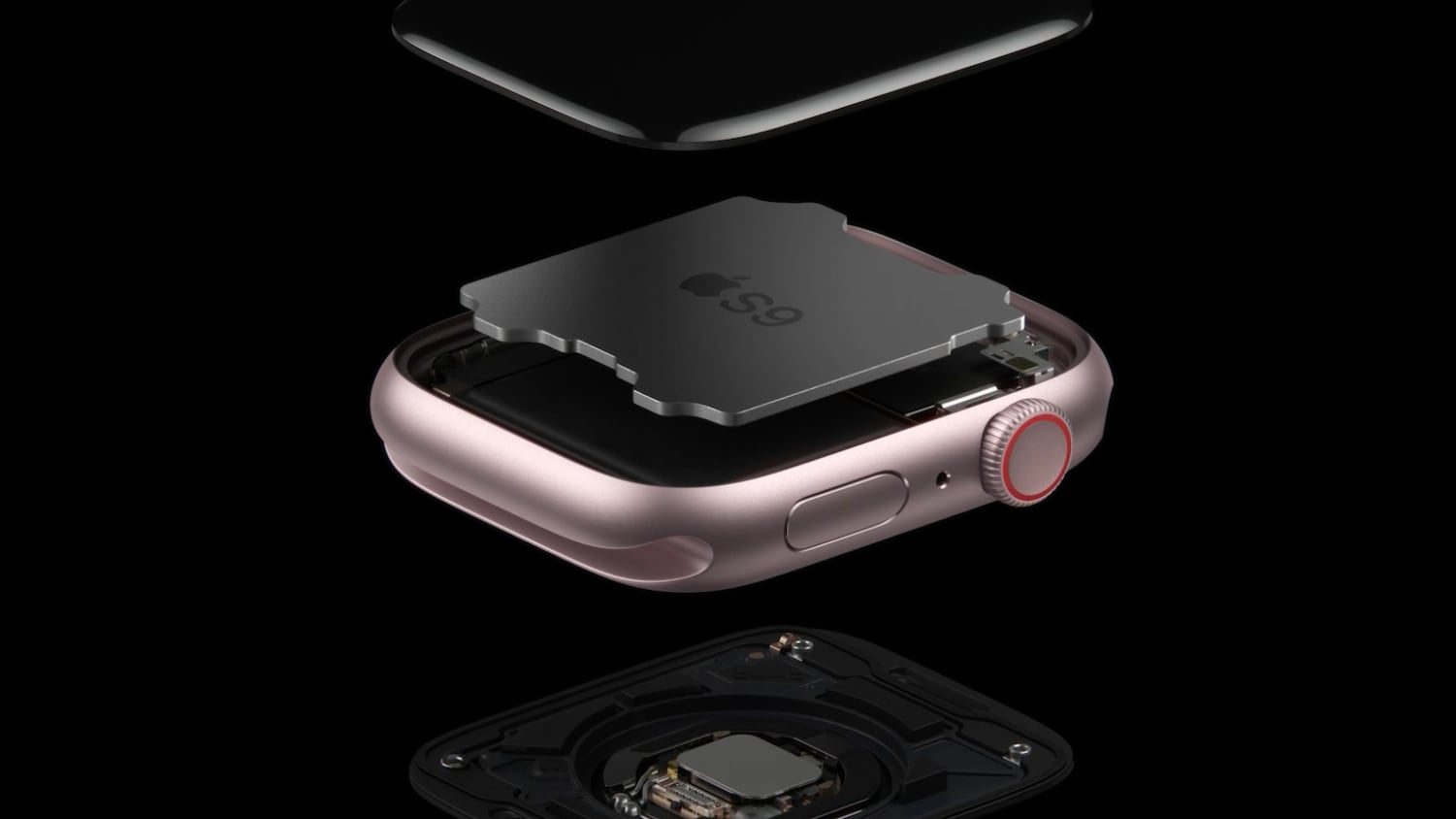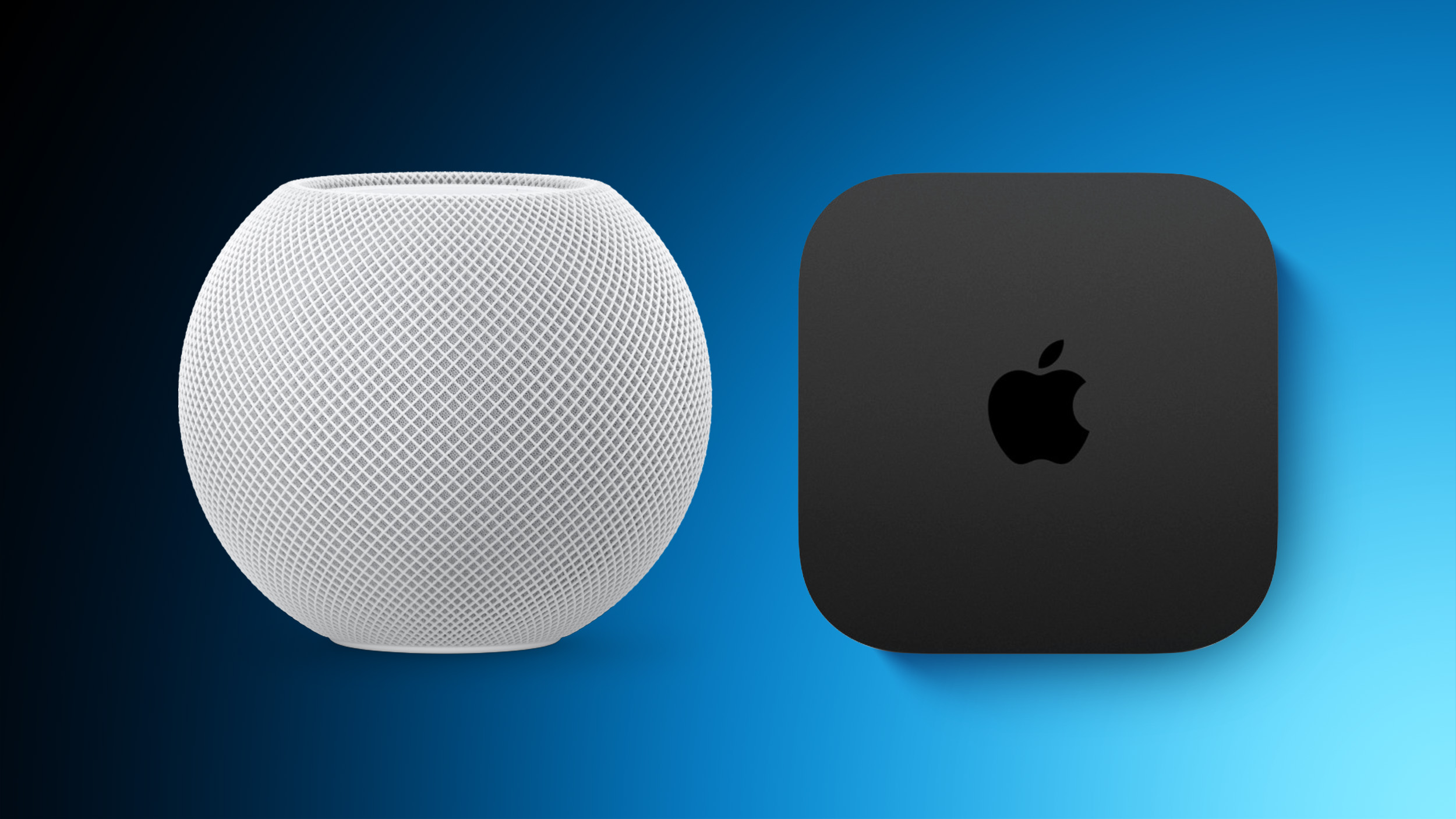Volkswagen brings ChatGPT to its cars for AI conversations, but is that a good idea?
Volkswagen chose CES 2024 as the platform to launch upcoming ChatGPT functionality in its vehicles, stating that the AI chatbot will be offered in its ID range of electric vehicles (via an over-the-air update in applicable vehicles), as well as in Tiguan, Passat and the upcoming Golf internal combustion engine cars later this year.
To do this, VW has teamed up with Cerence to harness its Chat Pro “automotive grade” artificial intelligence platform, which enables the ChatGPT integration. This expands the German marque’s existing IDA voice assistant so it can now deal with natural speech prompts for both control of the vehicle’s functionality and broader queries.
VW claims it is the first “volume manufacturer” to do so, although Citroen’s premium brand, DS Automobiles, announced a similar system late last year.
In true CES fashion, we bore witness to a slick video of actor Ewan McGregor asking IDA – and therefore ChatGPT – about kilts, whether they are classed as formal dress, where to buy one and then requesting his ‘Scottish playlist’ of songs.
In addition to these sorts of generic queries, which Volkswagen says will be deleted immediately to ensure the “highest level of data protection”, drivers and occupants can do things like control the temperature inside the cabin with vague statements, like “I’m cold”, as well as route to locations using natural speech.
What’s more, the system can determine who made the query, be it the driver or front passenger, and will adjust the temperature to only that zone, for example.
The use of Cerence’s large language model also means the tech can decipher what’s required from a request, with a further on-stage demonstration revealing that an
“I need medicine” query would route to the nearest pharmacy, while “I want to eat butter chicken” will suggest nearby Indian restaurants.
VW execs then went one step further by requesting a butter chicken recipe, which ChatGPT promptly delivered, followed by a story about dinosaurs read by the system’s monotonous and slightly creepy robotic voice in order to entertain the “kids in the back”. Why anyone would want this when driving is beyond us, but it worked.
The AI assistant arms race
(Image credit: Volkswagen)
Artificial intelligence and smart voice assistants are rapidly becoming a recurring theme of this year’s CES, with a number of manufacturers highlighting the fact they are working with AI partners to bring these features into their cars.
But it is surprising that VW is the first, seemingly rushing into integrating ChatGPT, perhaps as a response to the largely negative feedback on the clunky infotainment system found in its latest ID range of electric vehicles.
A potential privacy nightmare? VW says not, as Cerence Chat Pro ensures ChatGPT doesn’t gain access to any vehicle information.
The German automaker also says it is possible to filter or block “inappropriate” content, although it couldn’t demonstrate this, as it would have to pull up said inappropriate content, and that’s just not appropriate for a CES audience.
Given that ChatGPT is still in its infancy, and prone to not answering queries correctly, it feels a little hasty from VW to be bringing this to life as it is. Mercedes-Benz, on the other hand, is busy running a beta programme to see if it actually works first.
We’re covering all of the latest CES news from the show as it happens. Stick with us for the big stories on everything from 8K TVs and foldable displays to new phones, laptops, smart home gadgets, and the latest in AI.
And don’t forget to follow us on TikTok for the latest from the CES show floor!
You might also like
Citroen’s luxury cars get built-in ChatGPT for the ultimate AI copilot experienceMercedes-Benz is bringing ChatGPT into cars for the first timeChatGPT may be plotting to replace Google Assistant on your Android Phone






